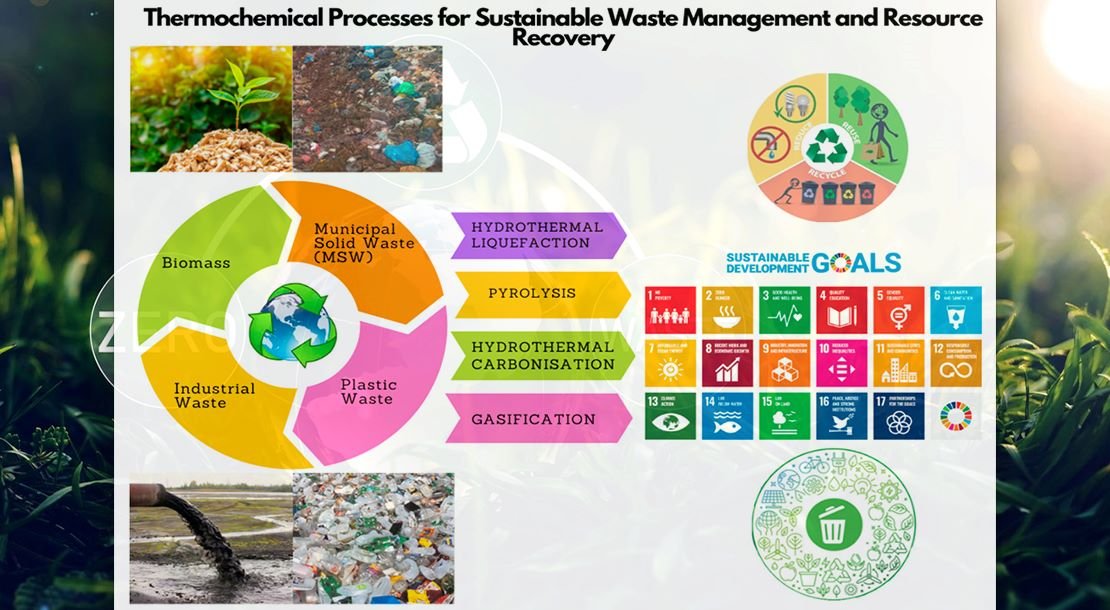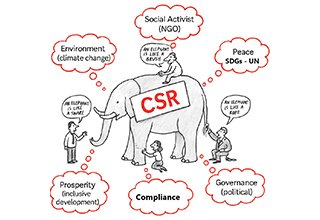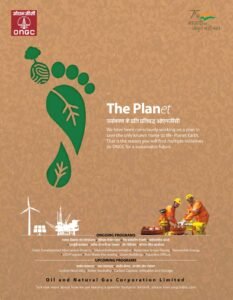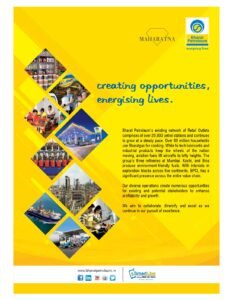
The signs are no longer subtle. The climate crisis is not looming—it is here. Glaciers are retreating, wildfires rage through forests more fiercely and frequently than ever, and rising sea levels are swallowing coastal lands inch by inch. From flash floods in Germany and India, to historic droughts in Africa and the American Southwest, the world is reeling under the impact of a destabilized climate system. Behind this turmoil lies a disturbing truth: human activity, unchecked and relentless, has disrupted nature’s equilibrium.
The Intergovernmental Panel on Climate Change (IPCC) has warned that we are rapidly nearing the point of no return. Carbon emissions, industrial pollution, deforestation, and unsustainable consumption have warmed the planet by over 1.1°C since the pre-industrial era. Even this seemingly small rise has proven catastrophic. Heatwaves in Europe are no longer once-in-a-decade events—they’re annual. The Himalayan region, home to vital freshwater resources, is now one of the fastest-warming areas on Earth.
It is clear: our pursuit of progress, often at the expense of nature, has gone overboard.
Yet, amid the despair lies opportunity—Corporate Social Responsibility (CSR) can be the catalyst for change. Businesses, once considered part of the problem, can become leaders in environmental restoration and sustainability. CSR is no longer just philanthropy; it is a corporate obligation to the planet and future generations.
The Role of CSR in Climate Action
Companies across the world are beginning to recognize that sustainable business is smart business. In India, the Companies Act, 2013 made CSR mandatory for eligible firms, creating a framework through which corporates can contribute meaningfully to environmental and social well-being. This is especially relevant now, as the urgency of the climate crisis demands action beyond compliance.
Indian corporates have already started taking steps in this direction. For instance, ITC Limited’s “Mission Green Earth” has resulted in the planting of over 90 million trees, contributing to both carbon sequestration and rural employment. Tata Power, through its solar and wind projects, is leading the clean energy transition with a goal of achieving 70% renewable capacity by 2030. Mahindra & Mahindra became the first Indian company to commit to carbon neutrality, demonstrating that even heavy industries can change course.
These are not mere acts of goodwill. They represent a broader vision—one where businesses understand that long-term success is tied to a healthy planet.
CSR Beyond the Checklist
But for CSR to make a lasting impact, it must move beyond tokenism. Planting a few trees or installing solar lights in a village is commendable, but insufficient. We need strategic, science-backed interventions—restoring degraded ecosystems, protecting biodiversity hotspots, reducing plastic waste, and investing in renewable infrastructure. Transparency, accountability, and community involvement should be at the heart of every CSR initiative.
Corporates must also take responsibility for educating consumers and stakeholders. Through green marketing, sustainable supply chains, and eco-conscious product design, businesses can influence public behavior and policy alike.
Rebalancing Our Relationship with Nature
Human intervention in nature has often been exploitative. We’ve dammed rivers, razed forests, mined mountains, and polluted the very air we breathe. But nature is resilient—if given a chance. The COVID-19 pandemic was a stark reminder of how quickly ecosystems can rebound when human activity slows down. Rivers ran cleaner, skies were clearer, and wildlife returned to urban spaces.
This glimpse into recovery should not be temporary. It must become our new normal—and CSR can help lead the way.
Let’s not forget
Restoring nature’s balance is no longer a moral choice; it is a survival imperative. Corporates have the resources, influence, and responsibility to act. CSR, when implemented with purpose and vision, can be the bridge between economic development and ecological stewardship. The future will not wait. It is time for industry leaders to step up—not just as business executives, but as guardians of the Earth.
Let this be the decade where CSR transforms from a checkbox to a movement—and where businesses choose to profit not from nature, but with it.


















